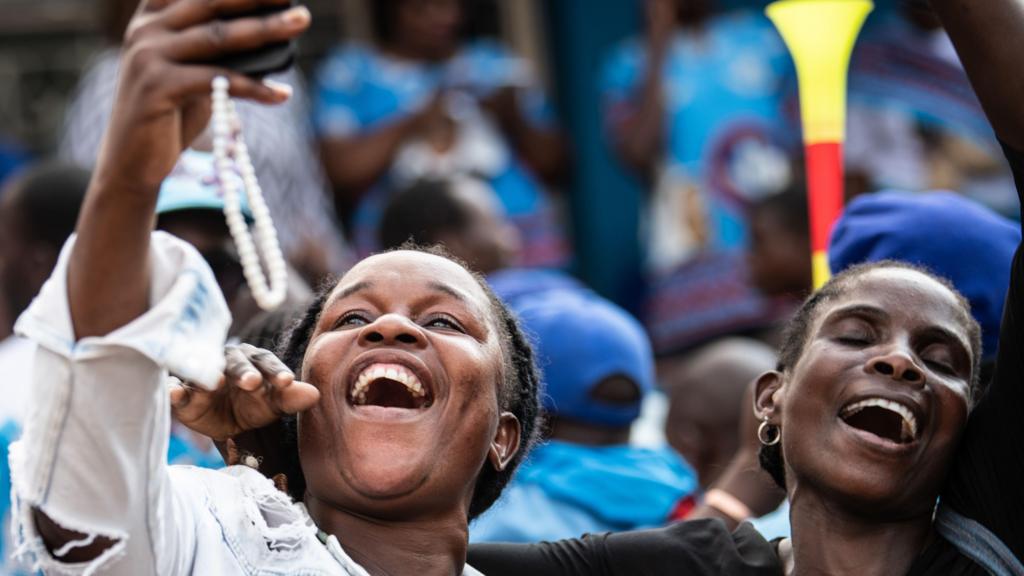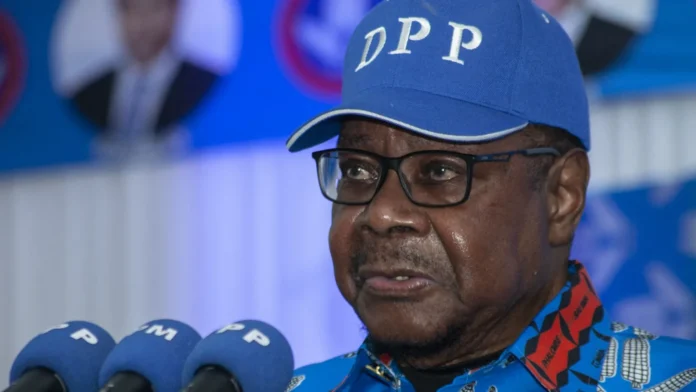In a dramatic return to power, Malawi’s former president Peter Mutharika has been officially declared the winner of the country’s recent election, defeating incumbent President Lazarus Chakwera by a wide margin.
At 85 years old, Mutharika’s comeback makes headlines not just in Malawi but across Africa, raising important questions about leadership, democratic resilience, and voter expectations ahead of key African elections scheduled for 2026.
According to official results, Mutharika secured 57% of the vote, while Chakwera trailed with 33%. Despite earlier reports of electoral irregularities, Chakwera conceded defeat even before the final tally was announced, citing respect for the “collective will” of the Malawian people.
His concession speech, praised for its maturity, noted that anomalies “do not necessarily mean that the election result… is not credible or a reflection of the will of the people.”
The election was closely watched, particularly given the controversial backdrop of Malawi’s recent political history. The 2019 election, also won by Mutharika, was annulled by the country’s constitutional court due to widespread irregularities including the infamous use of correction fluid to alter results.

A rerun in 2020 saw Chakwera win by a landslide. This year marked the fourth electoral battle between the two political heavyweights.
The BBC reports that this outcome appears to be less a celebration of Mutharika’s leadership and more a rejection of Chakwera’s presidency, which has been marred by economic turmoil, persistent corruption, and widespread hardship.
Inflation is nearing 30%, foreign currency is scarce, and the cost of basic goods has skyrocketed—making daily life increasingly unbearable for the average Malawian, many of whom live on less than $2 a day.
While Chakwera’s administration blamed external factors such as the Covid-19 pandemic, climate-related disasters, and the war in Ukraine for the economic collapse, voters clearly felt that leadership change was necessary.
Mutharika, a former law professor and brother of late President Bingu wa Mutharika, now faces the monumental task of rebuilding a shattered economy.
During his previous term, he was credited with stabilizing inflation something he’ll now be expected to repeat. His campaign slogan, “a return to proven leadership,” resonated with many, despite his low visibility on the campaign trail and ongoing speculation about his health and stamina.
Celebrations broke out across Lilongwe and other parts of the country, with Mutharika supporters chanting “Adadi” (father) and tearing down campaign posters of the outgoing president. Yet this celebratory mood may soon be tested by the harsh realities of governance.
Malawi’s peaceful transfer of power, despite historic electoral challenges, provides a critical test case as several African nations including Ghana, Uganda, and Tanzania prepare for pivotal elections in 2026.
The continent continues to grapple with youth unemployment, rising living costs, and governance crises. Against this backdrop, voters are increasingly turning to past leaders, populist figures, or outsider candidates promising reform.
Mutharika’s victory, despite his age and absence from active campaigning, suggests that African electorates are driven by results and survival, not just charisma or ideology.
As the next wave of elections approach, issues of accountability, economic management, and democratic resilience will likely dominate the political landscape across the continent.
Mutharika is expected to be sworn in within 7 to 30 days of the announcement, marking the start of what could be a defining chapter not only for Malawi but for African democracy at large.





